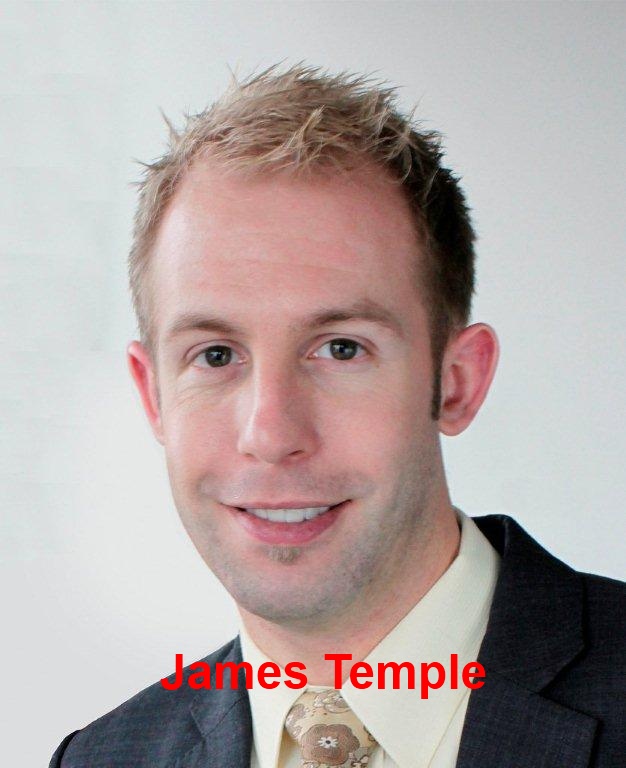publication date: Sep 13, 2011
|
author/source: James Temple
Over the past few months, I've been talking to a lot of
people about best approaches to corporate and community relations. To me, it's about going beyond traditional
transactional philanthropy to develop a shared language, reduce power dynamics
and focus on values versus investments. To get there, we need to better
understand how each of us can play a role in strengthening the effectiveness of
the nonprofit sector.

With this in mind, I'd like to apply these principles to a
common aspect of philanthropy: pro-bono work. Pro-bono work is absolutely a
good thing and can create great benefits for both the nonprofit and the
corporation involved. At the same time, though, could we make approaches to
pro-bono work better?
In my opinion, the answer is a definite yes. We need to look
at the motivations behind this work, and how the perception of power dynamics
between the business and charity can often create only short-term fixes. In
some cases, we even run the risk of causing long-term challenges for nonprofits
by misunderstanding their needs.
Send teachers, not
superheroes
Business has often taken on a superhero mentality when
making contributions to nonprofit organizations. With pro-bono work, there continues to be an
undertone of business wanting to "rescue" a nonprofit that is seen as broken.
More importantly, an increasing number of businesses are
jumping on the pro-bono wagon and moving beyond what was originally intended by
the professional work being provided.
Whereas legal and accounting work were once provided to augment
unaffordable skills, many businesses now do pro-bono work in logistics,
strategic planning, communications or marketing - areas that might better be
positioned as longer-term partnerships to help foster a "teach, don't tell"
environment.
Many pro-bono projects propose solutions that cannot be
properly implemented by the nonprofit due to skill gaps. The telltale story of
consultants doing work within a charity, only to find their dusty, bound report
and recommendations sitting on the executive director's shelf a year later,
reinforces this point.
That's why fundraisers and community investment
professionals must keep a laser focus on their organization's long-term
strategies and ask each other how pro-bono work augments skills, rather than
replacing them altogether.
Re-creating our
pro-bono picture
Many professionals don't want to volunteer in the same
capacity as their day jobs. In
Volunteer
Canada's recent study
Bridging the Gap,
a survey of employer-supported volunteers indicated that they were motivated by
experiences working with charities that helped them develop
new skills, and some indicated they did
not want to volunteer doing the same job as they do for work.
New model for
pro-bono
At
PwC, we've adopted
a new lens for pro-bono work. Going
beyond discounted fees or offering professional services, we've developed a new
volunteer-based experience called the
Not-for-Profit Apprentice Program. Employees from across the company with all
levels of experience team up and brainstorm options to help leadership teams at
nonprofits address critical challenges.
The focus is to uncover new skills that people have (beyond
what they do at the office day to day) and look at issues from as many angles
as possible. The end results are simple
solutions that can be customized to help strengthen organizational
effectiveness and develop approaches to reduce skill gaps. The objective is not the production of a
report, but a collaboration that matches passionate, highly skilled people with
eagerly anticipated experiences.
This is just one example of how business is re-positioning
community investment and pro-bono programs. Get on the bandwagon! Help innovate
this aspect of philanthropy and illustrate how true
capacity building can happen
when blending all components of our portfolios - fundraisers and community
investment professionals alike!
James Temple is
the director of corporate responsibility for PricewaterhouseCoopers
Canada and director of the PricewaterhouseCoopers Canada
Foundation. He oversees a team responsible for integrating good
social, environmental and economic values into PwC's decision-making
processes.
James is a featured presenter at
international conferences, speaking on the value of developing strong
corporate-community partnerships. He co-chairs the Association of
Corporate Grantmakers and sits on the Advisory Board for the Institute
at Havergal College.
Contact him at 416-815-5224, email, or visit http://www.pwc.com/ca/corporateresponsibility.

